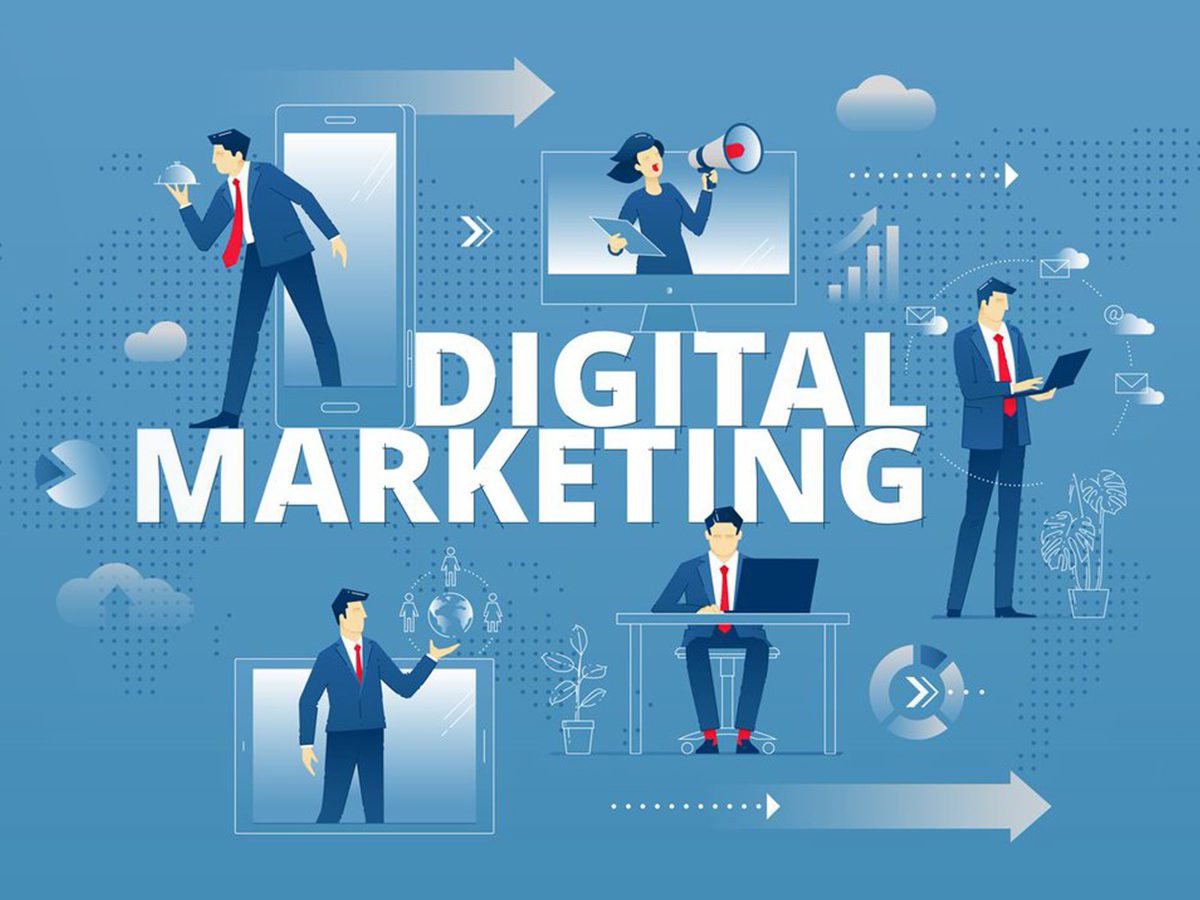Running a business today can feel like juggling while riding a bike—there’s always another ball to keep in the air. Between managing operations, serving customers, and keeping up with technology, it’s easy to overlook the power of strategic marketing. This is where a marketing agency steps in, offering expertise and tools that help your business grow not just faster, but smarter.
Instead of trying to do it all yourself, think of a marketing agency as your co-pilot—someone who helps you navigate crowded markets, find fresh opportunities, and maximize the impact of every dollar you spend.
The Value of Fresh Perspective
One of the greatest advantages of working with a marketing agency is the perspective it offers. When you’re inside your business every day, it’s natural to develop “tunnel vision.” You know your products and services better than anyone, but you might overlook how customers perceive your brand.
An agency brings outside eyes. They can spot areas of confusion in your messaging, uncover gaps in your digital presence, and identify strengths you might overlook. For example, a local café might think its biggest draw is its coffee beans, but an agency could discover that customers are actually coming back for the cozy atmosphere and sense of community. By highlighting this in ads and content, the café could stand out from larger competitors.
This shift in perspective isn’t just useful—it’s often the difference between blending in and becoming memorable.
Tools, Technology, and Time You Don’t Have
Marketing isn’t just about catchy slogans. It’s about understanding data, utilizing the right platforms, and ensuring every campaign is measurable. A small business owner may not have access to sophisticated software for tracking website visitors or analyzing customer behavior, but agencies invest in these tools on a daily basis.
For instance, let’s say you run an online clothing boutique. You notice traffic coming to your website but sales remain flat. A marketing agency can use analytics to pinpoint where shoppers drop off—maybe your checkout process is too complicated or product descriptions aren’t detailed enough. Once these weak spots are addressed, conversions increase.
The bonus? You don’t have to spend hours trying to learn Google Analytics or run A/B tests on your own. Agencies handle the technical side, freeing you to focus on what you do best: running your business.
Scaling Smarter, Not Harder
Growth is exciting, but unmanaged growth can lead to chaos. A sudden surge in customers without the right systems in place can overwhelm your team and damage your reputation. A marketing agency helps you scale with a strategic approach.
Think of a gym owner who wants to expand from one location to three. Instead of running ads everywhere and hoping for the best, an agency researches which neighborhoods have the highest demand, tailors campaigns to those audiences, and adjusts messaging to fit local culture. The result? Steady, sustainable growth rather than costly trial-and-error.
It’s not about doing more all at once. It’s about doing the right things at the right time.
Why Digital Presence Matters More Than Ever
In today’s world, customers rarely make decisions without first consulting online resources. Whether it’s choosing a dentist, hiring a builder, or buying a new gadget, research usually starts with a search engine. Having a strong digital presence is no longer optional—it’s essential.
A marketing agency ensures your brand shows up where it matters most. That means optimizing your website for search engines, managing social media channels, and creating content that answers the questions your audience is asking. If you run a landscaping company, for example, appearing in local search results for “affordable lawn care near me” could directly translate into new leads.
Agencies combine creativity with data-driven strategy to help you stand out in a crowded digital landscape.
Local Advantage and Expertise
Businesses often hesitate to work with agencies because they think “one-size-fits-all” strategies won’t apply to their unique market. But a good marketing agency knows how to tailor campaigns for specific industries and regions.
For example, if you’re exploring support from a marketing agency in Australia, you’ll benefit from local insights on what appeals to Australian consumers, what seasonal trends to leverage, and how to compete effectively within your region. This local expertise ensures your efforts resonate with the right people, in the right place, at the right time.
The Bigger Picture: Brand, Trust, and Longevity
Marketing isn’t only about sales. It’s about building trust and long-term relationships. A marketing agency helps create consistent branding across every touchpoint—from your website to social media posts and email campaigns.
Take the example of a startup health clinic. While immediate patient bookings are important, the clinic also wants to build trust within the community. An agency might create helpful blog posts about wellness, produce videos introducing staff, and design campaigns that highlight positive patient stories. Over time, this steady presence builds credibility, making the clinic a trusted choice for years to come.
When your brand tells a consistent story, customers feel more confident choosing you over competitors.
Final Thoughts
Running a business already comes with enough challenges marketing doesn’t have to be one of them. By partnering with a marketing agency, you gain access to expertise, technology, and strategies that help your business grow smarter, not just faster. Whether you’re a solo entrepreneur or a growing company, the right agency can be the difference between simply surviving and truly thriving.
At the end of the day, smart growth isn’t about working harder it’s about working with the right partners who understand both your goals and the ever-changing marketplace. Just as businesses throughout history have adapted to new tools and strategies, modern brands thrive by embracing digital marketing as a core part of their journey. For context, the history of advertising demonstrates that adaptation has always been crucial to success.



































